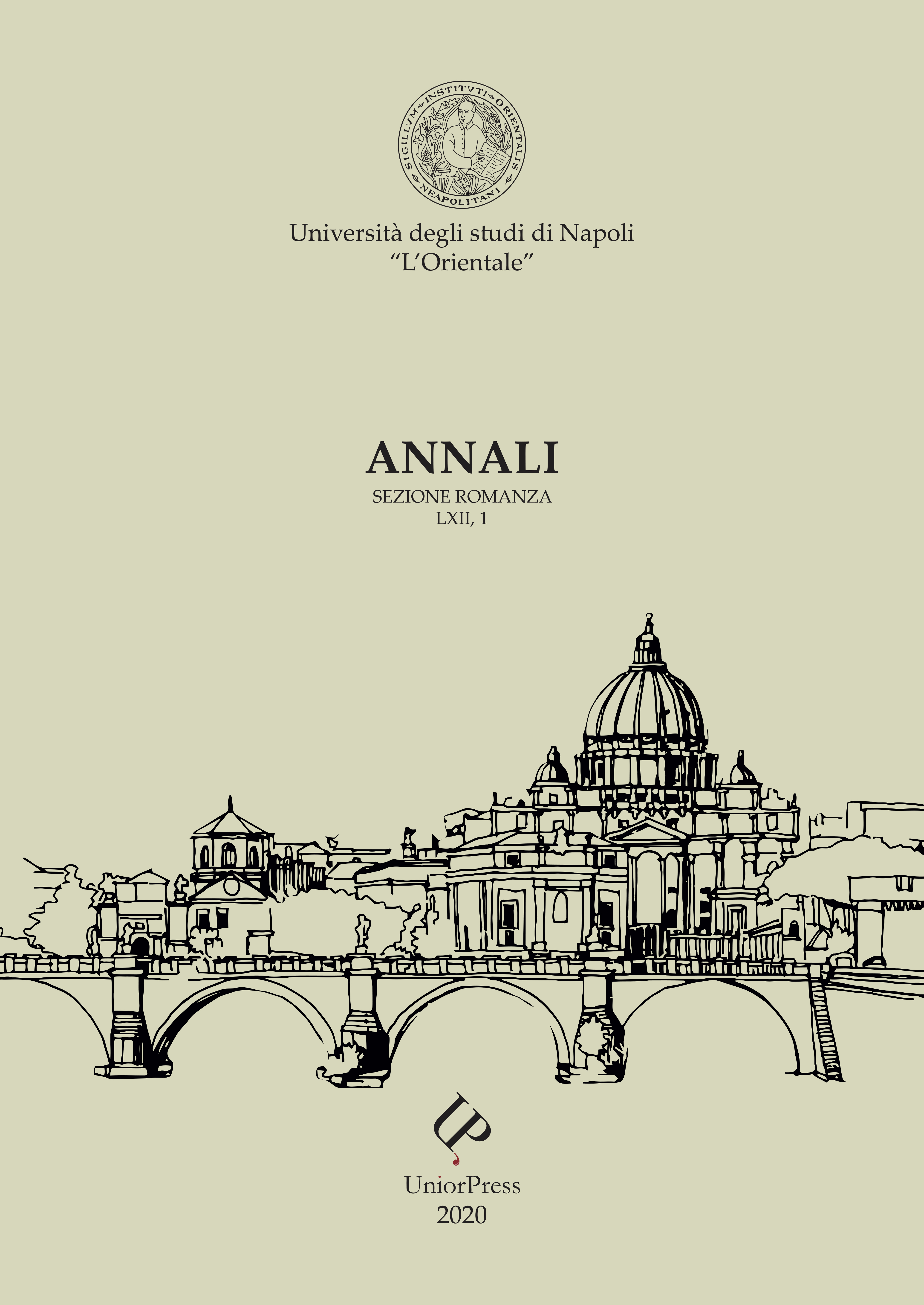LA BUONA MOGLIE Y LA BUENA CASADA: GOLDONI EN ESPAÑA, Y EL JUEGO DE AZAR EN EL TEATRO EUROPEO DEL SIGLO XVIII
Abstract
En este artículo se realiza un comentario de La buena casada, traducción atribuida a Manuel Fermín de Laviano, dramaturgo madrileño, sobre lacomedia La buona moglie, de Carlo Goldoni. En primer lugar, se ofrecerá la ficha bibliográfica de esta traducción y se comentará brevemente su recorrido escénico en Madrid en el último tercio del siglo XVIII. A continuación, se expondrá el problema bibliográfico que plantea el llamado “ciclo de The Gamester”, relativo a las múltiples traducciones y adaptaciones de esta obra que se realizaron en Europa durante la segunda mitad delsiglo (el Beverley de Saurin; Le joueur de Regnard). Después, se realizará un análisis comparado entre La buona moglie y La buena casada, para probar que esta es una traducción fiel de aquella. Por último, se comentará la pertinencia de incluir a La buena casada en el mencionado “ciclo”, con el que solo tendría en común la presencia del juego de azar como recurso temático y la finalidad moralizante e instructiva del texto, común a la literatura dramática ilustrada.


